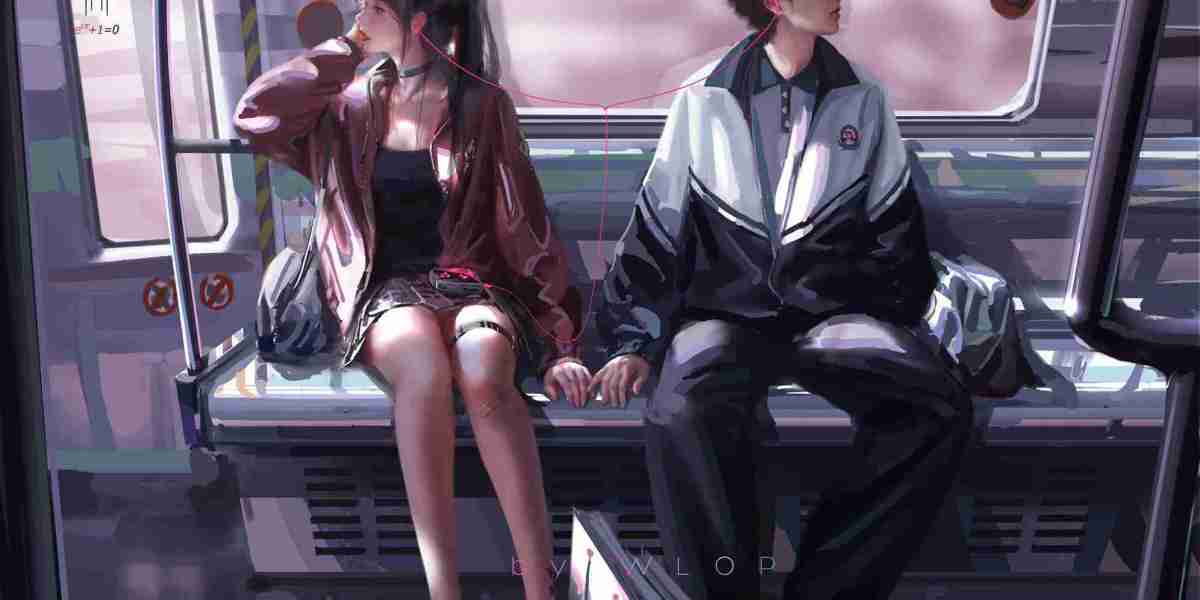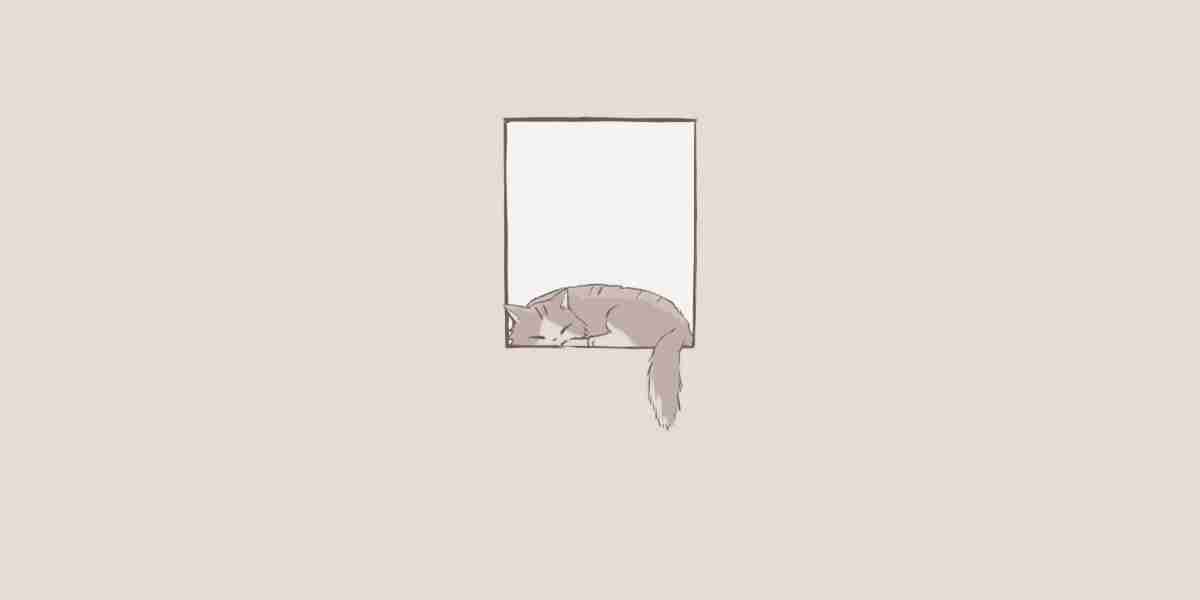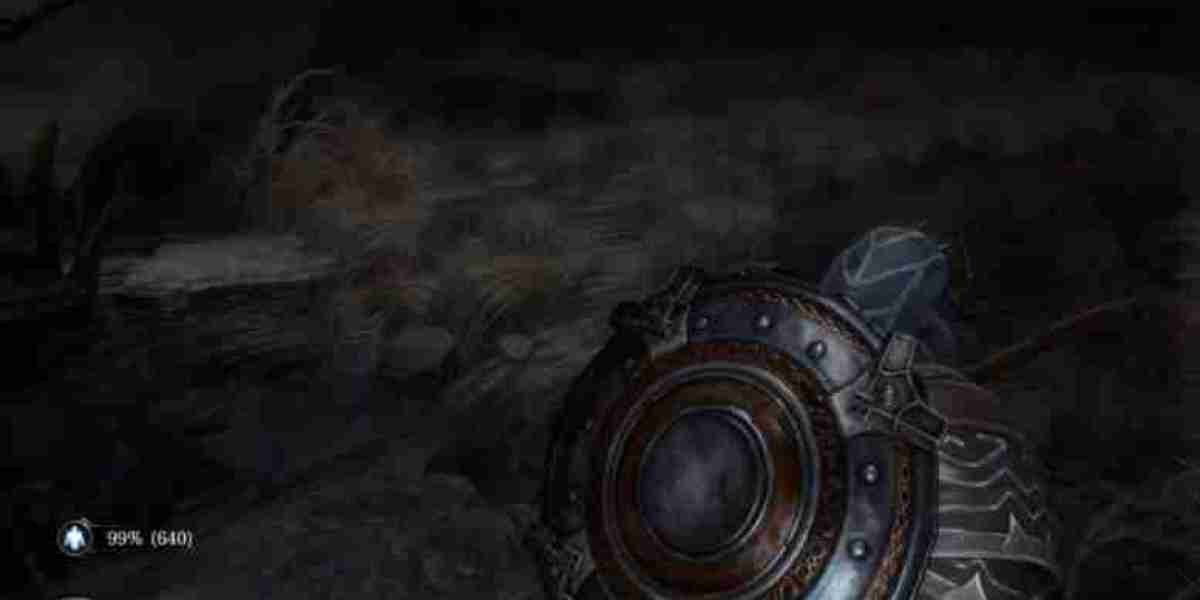Children's cognitive development is a crucial aspect of their overall growth and learning. As parents and educators, we are constantly seeking innovative ways to enhance their cognitive skills. One such approach that has gained significant attention is the combination of puzzles and artistic expressions. This powerful duo not only stimulates children's creativity but also boosts their cognitive abilities in various ways.
The Benefits of Puzzles
Puzzles are not just a source of entertainment; they offer numerous cognitive benefits for children. Solving puzzles requires critical thinking, problem-solving, and logical reasoning skills. When children engage in puzzles, they learn to analyze and strategize, improving their cognitive flexibility and decision-making abilities. Additionally, puzzles promote spatial awareness and hand-eye coordination, as children manipulate and fit puzzle pieces together.
For example, when a child solves a jigsaw puzzle, they must observe the shape, color, and size of each piece to determine its correct position. This process enhances their visual perception and spatial reasoning skills. Furthermore, puzzles provide a sense of accomplishment and satisfaction when completed, boosting children's self-esteem and confidence in their cognitive abilities.
The Power of Artistic Expressions
Artistic expressions, such as drawing, painting, and sculpting, offer a unique platform for children to explore their creativity and enhance their cognitive skills. Engaging in art activities stimulates various areas of the brain, including those responsible for imagination, problem-solving, and emotional expression. Through artistic expressions, children can develop their cognitive abilities in a fun and engaging manner.
When children engage in drawing, for instance, they are required to observe and analyze their surroundings, leading to improved visual perception and attention to detail. Artistic expressions also encourage children to think outside the box, fostering their divergent thinking skills. By experimenting with different colors, textures, and materials, children learn to make choices and explore their own unique ideas, promoting their decision-making and problem-solving skills.
The Synergy of Puzzles and Artistic Expressions
Combining puzzles and artistic expressions creates a powerful synergy that maximizes the cognitive benefits for children. When children engage in art activities that involve puzzles, such as coloring or creating collages, they are not only enhancing their artistic skills but also utilizing their cognitive abilities.
For example, when a child colors a coloring page, they must analyze the different shapes and spaces within the image, making decisions about which colors to use. This process requires visual perception, attention to detail, and decision-making skills. Similarly, when children create collages, they must problem-solve and strategize how to arrange and fit different materials together, promoting their cognitive flexibility and spatial reasoning.
Integrating Puzzles and Artistic Expressions into Daily Life
Integrating puzzles and artistic expressions into children's daily lives can be a simple yet effective way to boost their cognitive skills. Encouraging children to solve puzzles regularly and engage in art activities not only provides them with enjoyable experiences but also nurtures their cognitive development.
Parents and educators can incorporate puzzles and artistic expressions into various settings, such as at home, in school, or during recreational activities. For instance, setting up a puzzle station at home or in the classroom allows children to engage in puzzles whenever they feel inclined. Similarly, providing art materials and encouraging children to express themselves through art can foster their cognitive growth.
Furthermore, incorporating puzzles and artistic expressions into educational curricula can enhance children's learning experiences. Teachers can design lessons that involve puzzles and art activities, allowing children to apply their cognitive skills in a meaningful context. This integration not only promotes cognitive development but also encourages creativity and self-expression.
In conclusion, the combination of puzzles and artistic expressions offers a powerful way to boost children's cognitive skills. By engaging in puzzles, children develop critical thinking, problem-solving, and spatial reasoning abilities. Artistic expressions, on the other hand, stimulate creativity, imagination, and decision-making skills. When these two activities are combined, children experience a synergistic effect that maximizes their cognitive growth. By integrating puzzles and artistic expressions into daily life and educational settings, we can provide children with a holistic approach to cognitive development that is both enjoyable and beneficial.








